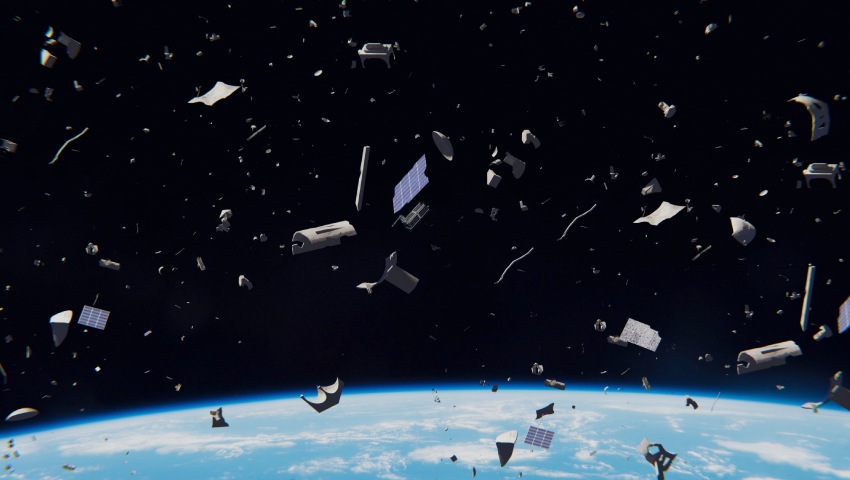The multinational task group has met up to discuss emerging space security co-operation initiatives, expressing concerns over the militarisation of the domain.
The Combined Space Operations (CSpO) Initiative Principals Board – comprising representatives from Australia, Canada, France, Germany, New Zealand, the UK, and the US – met in Cape Canaveral, Florida, this week to discuss co-operation on space security.
Representatives stressed the importance of fostering ‘responsible uses of space’ principles, noting opportunities for greater collaboration, including bolstering space systems interoperability and co-operation between space operations centres.
CSpO members also condemned space militarisation activity, making specific reference to Russia’s recent test of an anti-satellite missile, fired into low-Earth orbit.
Representatives expressed “strong concerns” over the test’s generation of space debris, estimated to total over 1,500 pieces of trackable orbital waste, potentially creating hundreds of thousands of smaller fragments.
The debris is travelling in the “high traffic zone” of low-Earth orbit, close to both the International Space Station and the Chinese Space Station.
Russian Defence Minister General of the Army Sergei Shoigu dismissed the international community's concerns.
“We've really tested a successful forward-looking system. It hit the old satellite,” he said, adding that the resulting space debris does not pose any threat to space activities.
CSpO members called on all nations to refrain from conducting “dangerous destructive testing”, which risks “damaging space objects, and threatens the security of current and future space explorers”.
The group welcomed the establishment of the United Nation’s Open-Ended Working Group, which aims to reduce space threats through norms, rules and principles of responsible behaviours.
“Space is integral to daily life, enabling communications, navigation, remote sensing, Earth observation, weather services and financial transactions, as well as modern multi-domain military operations,” the Australian Department of Defence noted in a statement.
“Each of these services are intertwined with national security and the stability of international systems and the global economy.”
[Related: New light shed on Russia’s anti-satellite missile launch]








